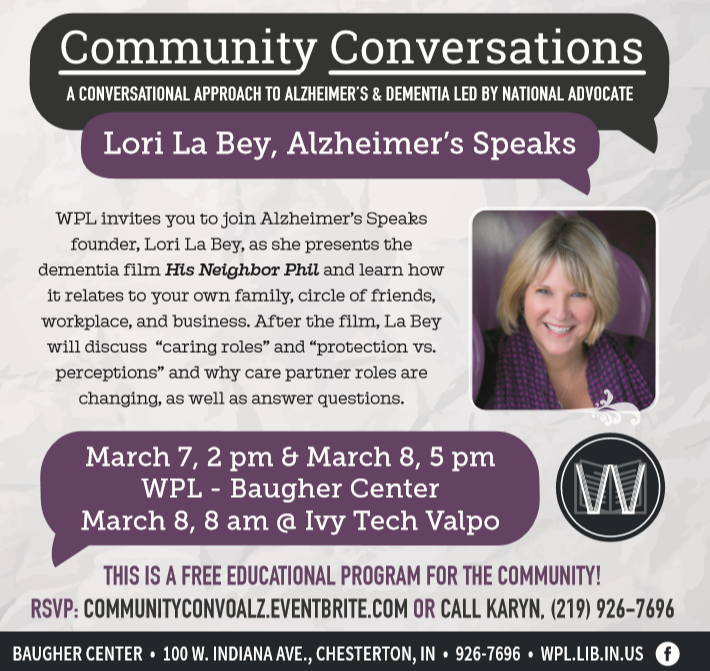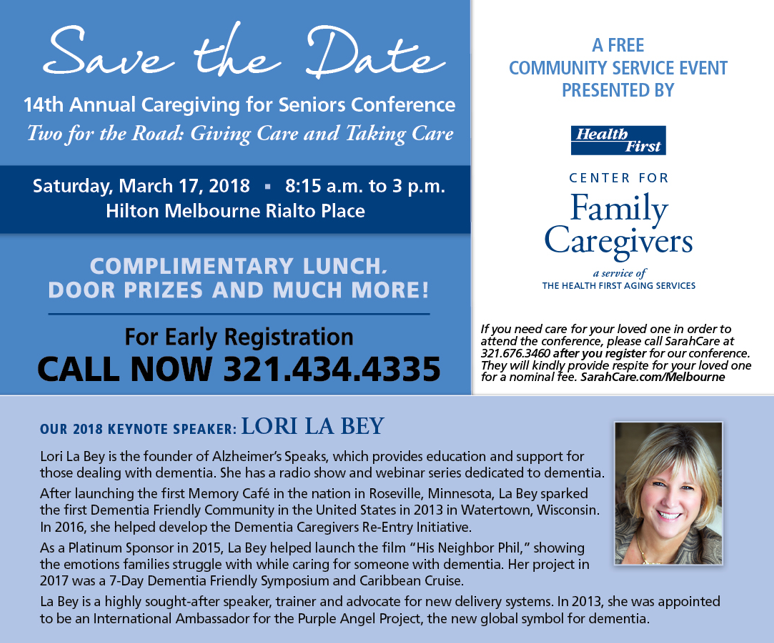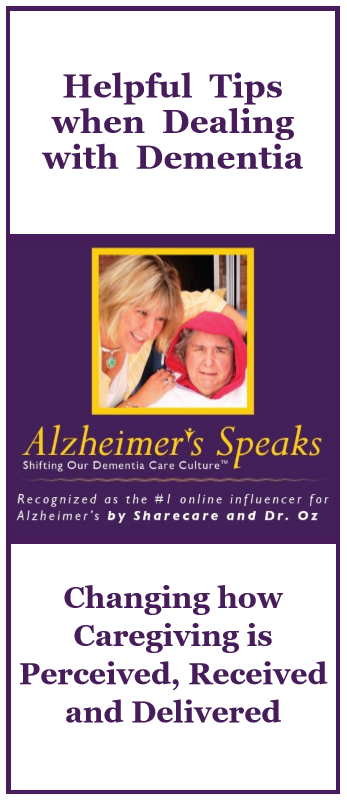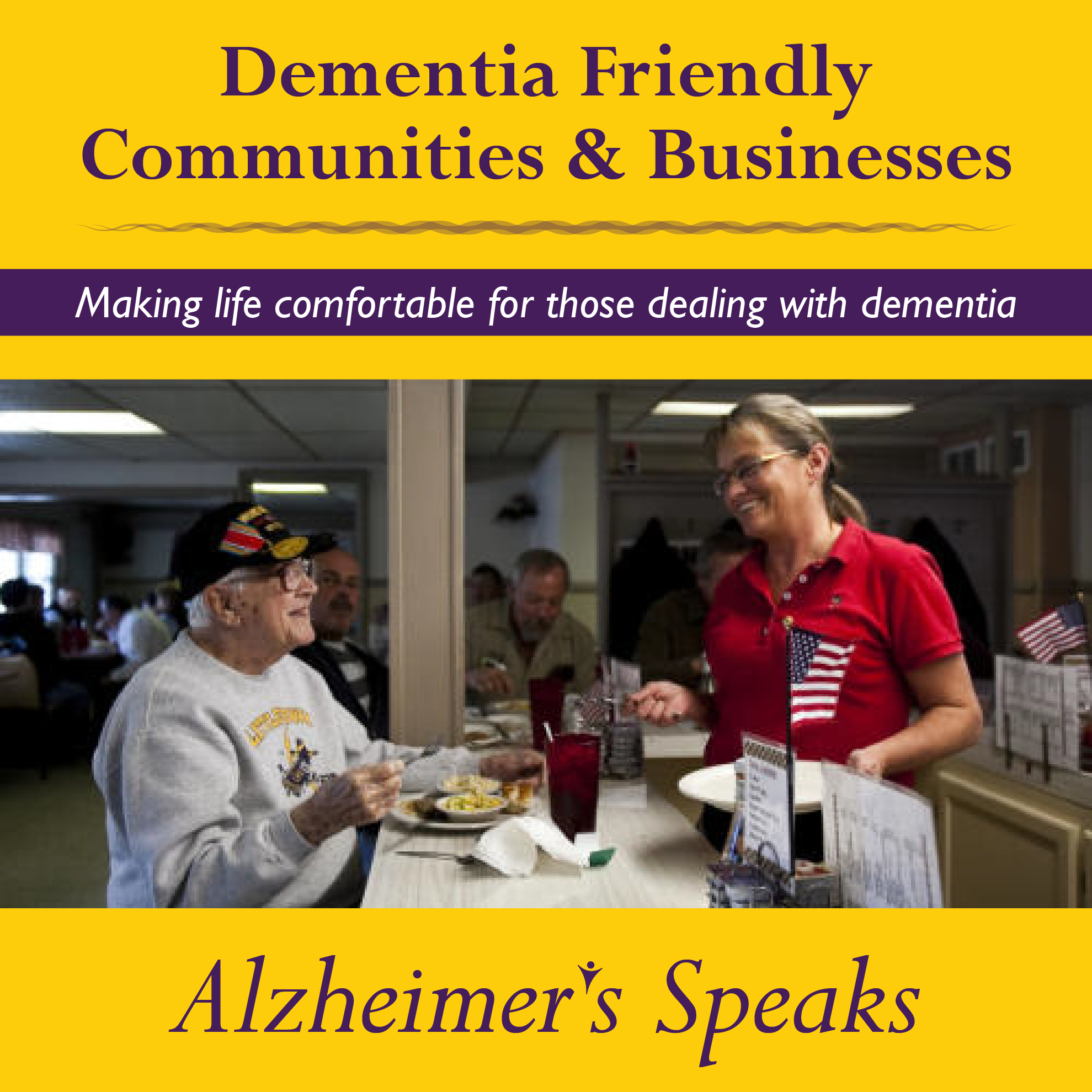Dementia Care- Lying to Grandpa
Lying to Grandpa
Chubby Puppies and a
Time That Stands Still
By Jenny Krainski
Going back to my grandfather’s house was more difficult than I had ever imagined. My grandfather, my father’s father, had spent a year in the Soldiers’ Home before he died. The house just sat still, like a snapshot of days past. Clean clothes lay folded on his bed, photographs decorated the walls, knickknacks sprinkled with dust lined the shelves and bureaus. I realized then that, for that year in the nursing home, grandpa was a minimalist. He took barely any belongings with him and he was more content than he’d been in years. After my grandmother died, a year before he went to the Home, he slept all day (when the dog wasn’t calling the shots) and fed that dog a bit too much. That tiny pooch had my grandfather wrapped around its furry, little paw. Grandpa developed dementia about five years before he died. He forgot if he gave the dog a treat, so the dog would ask for treats all day long. He forgot if he took the dog for a walk, so the dog took about fifty walks a day. Whenever we would visit Grandpa, he would be outside with the dog on a leash in the driveway. He loved that dog–that chubby, wise, manipulative dog.
When Grandma died, it raised some questions for the family that we never thought we’d have to ask ourselves. How do we tell Grandpa? Do we tell Grandpa? My grandmother had been at a nursing home for about six months before she died because she couldn’t get around well. My aunt decided that Grandpa needed to be told immediately, so she went to go see him and explained that his wife of sixty years had died. He cried all night, so she stayed over, as she should. In the morning, my grandfather asked my aunt where his wife was. My aunt then referred my grandpa to the sign that she had made when Grandma first entered the nursing home: “Mom is at the nursing home. She is having trouble walking.” When my aunt saw that he was again relying on this sign, instead of recalling the previous night’s grief, she decided to leave the sign hanging. I often wonder how she felt at that moment when she realized that Grandpa didn’t remember anything that occurred the previous night: the sobbing, the devastation.
When Grandpa transferred to the Soldiers’ Home, the sign made its way into the room that he shared with another resident. Staff and visitors gently directed him to this handwritten, overused sign when he asked where his wife was. I can’t help but wonder if this practice followed the moral code that I had been living by . . . we were all lying to Grandpa . . . we were lying to him countless times each day when he inquired about his wife. But is it ethical to make a man relive the death of his wife over and over and over again? He was so happy when he relocated to the Soldiers’ Home . . . would it be right to make him sob uncontrollably each time he asked, “Where’s my wife? Where’s Red?”
My grandfather lived it up at the Home; he danced and sang for the nurses each day. He seemed to truly appreciate the atmosphere and the people around him there. When we went to say our final goodbyes to Grandpa, one of the nurses had his face on her cellphone. He loved life there . . . he loved it there with his whole family, friends, and staff lying to him each day . . .
Swimming in Memories
I remember being at Grandma’s funeral. I looked around for my grandfather, but he was not there. After a few inquiries, I learned that he wasn’t coming; no one was picking him up; no one dared to tell him that grandma was dead . . . again. I felt frustrated by this, but then I pictured him sobbing over her casket, and then going out into the parking lot only to wonder what he was doing at a funeral home in the first place.
I am here now at grandpa’s house. It smells of mothballs, like it always did. The moths never had a chance if they dared enter this house. I was driving with my teenage son the other day and in the middle of thick traffic when suddenly, somehow the nostalgic smell of mothballs made its way through the vents in my car. My son commented that it smelled like old people. It’s funny how one smell can create different visions for different people!
I look around at the old mint green tile on the walls in the kitchen. Somehow that tile didn’t age, there were no signs of scratches; the tiles were actually shiny and looked new, which seemed quite out-of-place. My eyes fell upon the old linoleum floors–green and yellow stripes The yellow stripes always reminded me of the yellow lines in a road, as they were the same color and nearly the same thickness. Nothing here has changed since I was a kid, seemingly many decades ago. I snap a few pictures, in awe, at how time had truly stood still. No one has lived here in over a year and I can see Grandpa sitting at the table and Grandma bustling around the kitchen. It was as if they wanted the clock to cease, as well. They kept the same photographs and pictures hanging, the same knickknacks displayed . . . I remember Christmases here. My grandmother would deck out this place like the North Pole. I often wondered where they stored so many decorations when Christmas was done. Perhaps in a huge warehouse somewhere! My grandpa smoked a pipe and developed a well-fed belly over the years, so it was like he belonged in the Christmas village that Grandma created.
If there was any unrest between the adults at the holiday gatherings, I don’t believe that any of the kids felt the tension or even noticed. I don’t remember receiving any gifts, besides pajamas; I must have, but I just recall laughing and playing with my brother and my cousins. Why do I only remember pajamas? I think most times clothes were a boring present, unless they were ultra soft or had a cool picture. I do recall the best pajama present ever: my two female cousins and I all received the coolest Holly Hobby pajamas. Our parents lined us up by height–me at the tallest end, the oldest girl–and snapped a picture, which I still treasure. We must have been at the grandparent’s house late that night, as I just can’t fathom stopping our playtime to put on pajamas for a picture unless we were tired. Unless of course, we were bribed with treats . . .
I only had desserts at my grandparent’s house. Seriously, there were never traditional desserts in my house. For example, when I was a child, I recall my mom giving my brother and I a bowl of plain vanilla yogurt, the kind that tastes like sour, sour cream. She always called items like that dessert and we ate it slowly this day, probably sick of plain yogurt at this point. This day, however, my mother told us with an excited voice that there was a prize at the bottom. We hungrily ate and found our prize: peaches! Amazingly, we were overjoyed with our prize.
There was only one time that the sugary treats that my grandparents provided was an issue. My parents went away on a ski vacation and my grandmother stayed at our home to babysit. Of course, she brought treats galore! If peaches were a special treat to me, you can guess how many donuts, cakes, cookies, and cupcakes made their way into my tiny, five-year-old, little body! We never even kept cereal with sugar in the house, so you can guess the shock to my body that this granular invasion was. Funny: I don’t remember my parents going away for a long time after that . . . it must have not been too much fun for them to come home to small children with mountainous stomach issues.
I truly cannot envision an uncomfortable moment in this house, except after Grandpa was diagnosed and we all felt the effects of the diagnosis, including him–mostly him. I remember the pain on his face when he called me by my cousin’s name and I corrected him; he looked so embarrassed to not have recalled his granddaughter’s name, which he had spoken so many times. It must have been so difficult for him to know that something was happening with his memories that he didn’t quite understand.
I never knew what it was like to answer a question and then answer it at five minute intervals for the next hour or two. I learned how to change Grandpa’s “looping” thoughts after a while: getting him to sing a song or dance with me, hiding an object that he kept discussing over and over, or preparing a list of things to talk about ahead of time. I did not learn these tricks right away. They were tricks–I was playing tricks like a rotten child . . . to save myself and others from hearing the same question again and again and again . . . It must have been so hard for Grandpa.
The Take Aways
Here at Grandpa’s house the time truly stands still. There are pots and pans in the cupboards, soap in the shower, food without freezer-burn in the icebox, and magazines with current faces on them by the television set. My dad encourages me to take whatever I want as keepsakes. Who knows what will happen to all of this stuff if someone does not treasure it. There was a lot of memories here. “Can I keep the house?” I ask. He laughs. My cousin plans to buy the house. This is good news, as my cousin appreciates family and holidays as much as our grandparents did.
After walking about and reminiscing for a while, I start poking around more in-depth. Do I want an artifact that I will put in the back of my closet that I may not unearth until years from now? No, I want to be severely practical–that’s my nature. If I don’t use an item in my home, after a short time it easily makes its way to the Salvation Army, consignment, or eBay. Oh, the rooms I’ve emptied on eBay! I ponder a short story by Alice Walker called “Everyday Use”. An interpretation of this story is whether family artifacts should be simply displayed or used in daily life, such as a blanket. I now decide that I’m an everyday-use-kind-of-person.
I begin to wonder why I’m here, at my grandparent’s house. Why did I want to come here? I think I need closure for my son, for myself, for this empty house–as if somehow, I could bring this memorable house of sixty years to a galactic halt, bring it to rest in one afternoon! Who did I think I was anyway? The memories would be alive here even after my cousin gutted and remodeled the place.
My son got to really know his great-grandparents through the objects in this house, on this day. He was thrilled by the items that his great-grandfather treasured for all of these years. The items told a story in a way. I know that Grandpa quit smoking countless years ago–he saved many, many cigar boxes. Perhaps as a reminder of how good it felt to sit back and have a smoke? He then filled these cigar boxes with practical trinkets, such as colorful coin rolling papers and instruction manuals to his treasured cameras. He saved the license plates to all of my father’s cars, from his first car to his most recent motorcycle. My son was drawn to these perhaps for the same reasons that his great-grandfather kept them: family and remembrance. The license plates now hang on my son’s wall; the cigar boxes are neatly stacked on my son’s shelf with his own treasures inside.
I am thrilled to find Tupperware sets from the 1970s that look brand new. I am overjoyed when my brother calls me up to the attic to show me the trunk of antique dishtowels that look as though they’ve never been used. I study them and decide they will be used and appreciated.
I now use my Tupperware, dishtowels, and shelves from Grandpa’s workshop. They remind me of my grandparents, their house, and their practicality and simple way of living. Grandma probably collected these towels because she thought that she’d use them one day, and never did. She treated her Tupperware with kid gloves probably because she never went anywhere to scratch them up! Grandpa’s shelves were severely beat up because he was a tinkerer. He loved his garage and his workshop. Each shelf and corner had tiny jars labeled with the contents: bolts, screws, rubberbands, and so on. I took many, careful pictures of my grandpa’s labeling because I knew that time wouldn’t stand still forever. Grandpa’s organization reminded me of me because of my insane love of organizing, which is strange because I was an organizational mess all through school.
My husband and son have been tossing around the idea of purchasing me a top-of-the-line label maker for many years now. I guess I never realized that Grandpa and I were so alike, needing to know where everything was at all times. I’ve gotten out of bed in the middle of the night because I recalled that I hadn’t put something important back where it was supposed to go. Tidy, tidy, everything has its place (I think that’s a line from Mary Poppins). I wonder if Grandpa ever got up in the middle of the night to locate an object of such importance that this object might get up and walk away if it was not put back before morning. Then another odd thought crosses my mind: it was fortunate that Grandpa put everything in neat, predictable containers. When his memory started to get foggy, he was able to easily locate what he needed. It was almost as if he knew what would happen to him in the future. Although, if that’s true, then perhaps I should worry about my own fate. I know that can’t be accurate–it’s absurd–but I dwell on it for a few moments anyway. 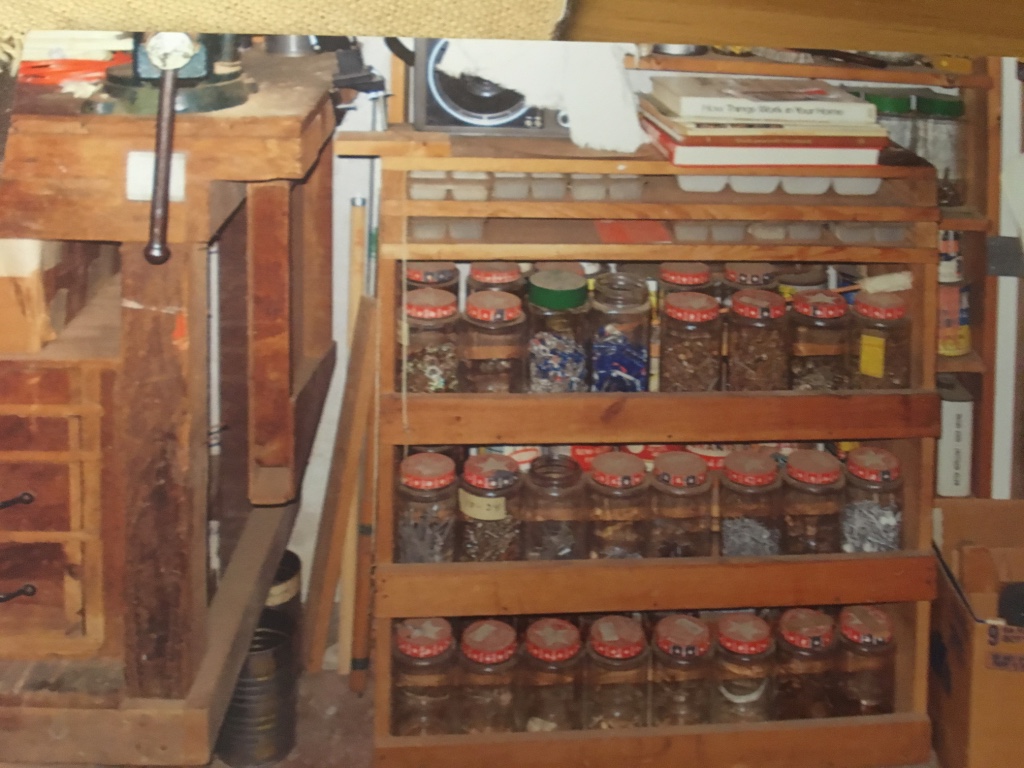
I never looked around here like this after Grandma died because Grandma was not truly dead until Grandpa passed away. We all kept her alive for what felt like a lifetime of two years.
I went to teach my English class today, about a week after the visit to my grandparents’ house. We had the read “Everday Use” a couple of weeks ago. I brought some of my dish towels and lay them out and told the students that I had been thinking about Alice Walker. I told them the story of going to my grandparents’ house and my students were captivated. I believe that at that moment I felt truly invested in the literature that I was introducing. I felt as though, on some level, that I was living a tiny thread of the author’s words for a moment.
I thought about how much stuff that my grandparents collected over the years, even though they didn’t appear to use half of it anymore. I don’t think that Grandpa and Grandpa were everyday-use-kind-of-people. I went home that day and emptied out a closet. Of course, most of what was in the closet went to the Salvation Army. I now feel better about the the way things happened with my grandparents. Therapeutic writing perhaps?
I think of my grandparents and their home often and am hopeful that the positive recollections that I have will not fade anytime soon. Packing my lunch today, I fill a Tupperware from my Grandparent’s house. As I leave for the day, I eye the very new-looking antique towel hung upon my stove and smile. My joyful expression then fades as I return to wondering about the lies that we all told to Grandpa. When is it okay to be so deceitful? How many times can you watch a person grieve for the very first time? It would have been torture to make him relive that moment over and over again because he would not recall it. But we would. Was it more for us, not to see that pain and anguish, perhaps because we were also reliving the sadness we also felt? I also began to wonder how many times I had been lied to because the intention was that it was for my own good. Could it be that it was really for the benefit of someone else because it was easier than telling the truth? It’s quite painful being an adult. Grandpa, I don’t know how you did it for so long.
What Are Your Thoughts?
Thank you Jenny for sharing your family with us. There are many twists and turns, as we make decisions while caring for someone with dementia. What are your thoughts about not telling the truth to someone with dementia, to avoid them reliving a painful situation?
Looking for a Speaker?
See what LeadingAge has to say about Lori La Bey.
“Feedback from the conference planning committee and our leadership team was extremely positive.
Many attendees commented that she was one of the best speakers they had heard.”
Pat Sylvia, Director of Education & Member Development LeadingAge Washington








